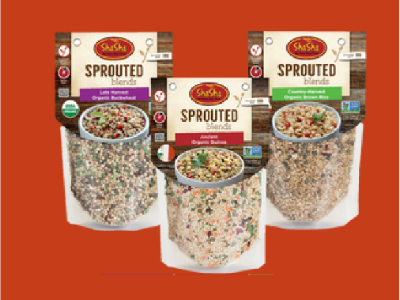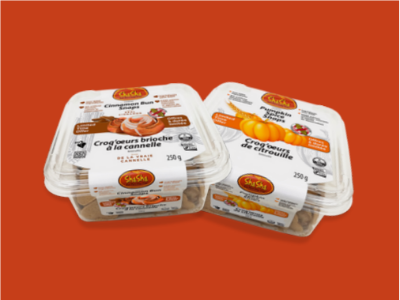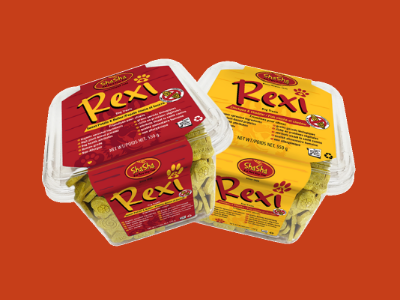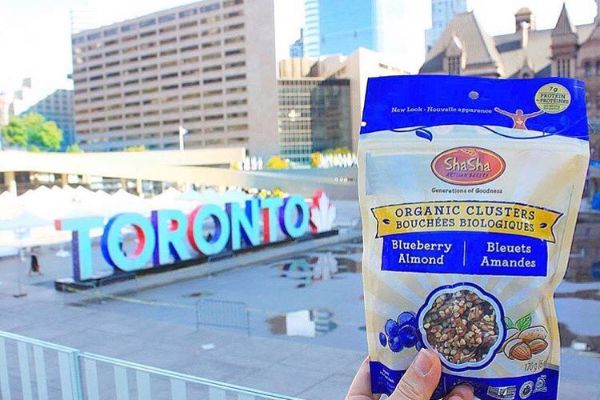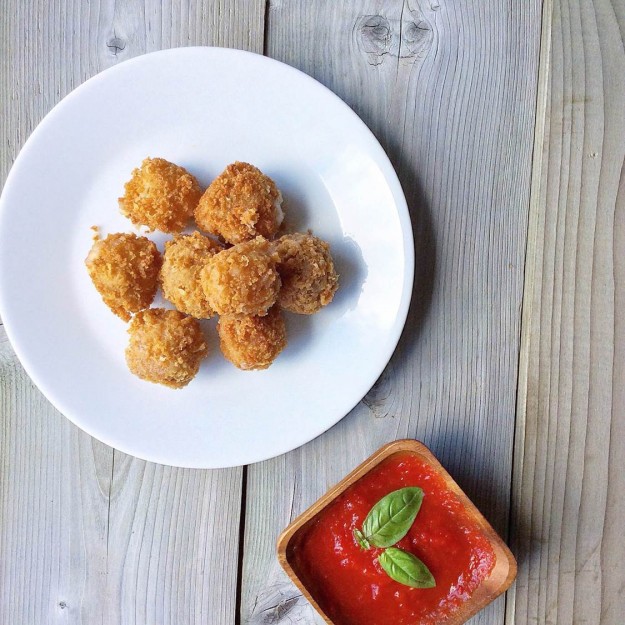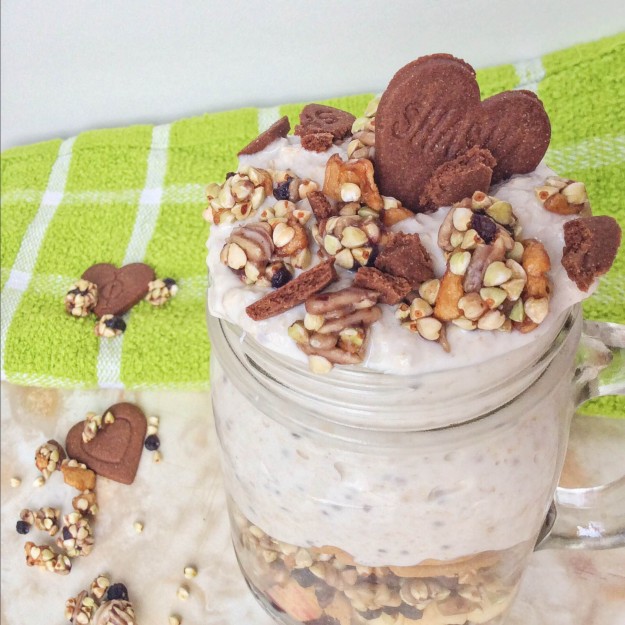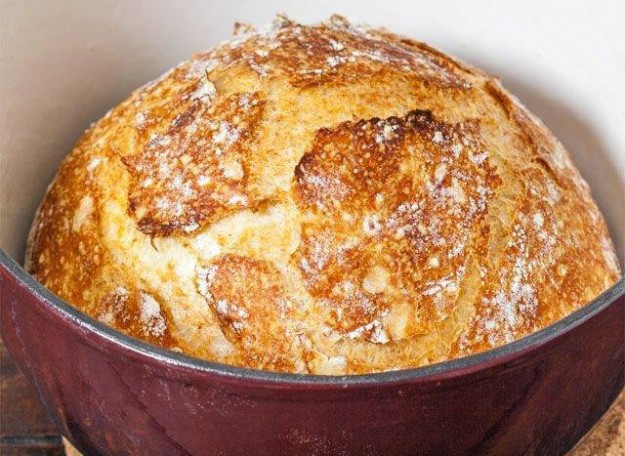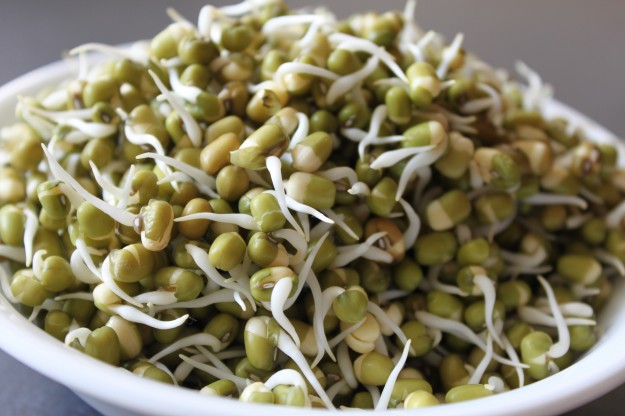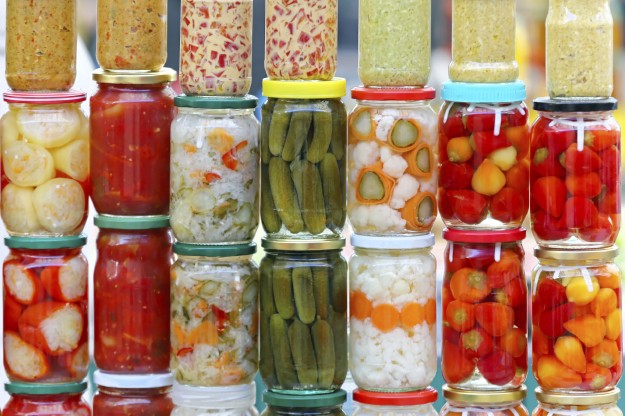Non-Celiac Gluten Sensitivity (NCGS) is also known as gluten-intolerance and is estimated to affect as many as 1 in 10 people. Little is known about NCGS but it has been linked to the excessive amounts of gluten in the modern diet. Sadly, many of these cases go undiagnosed as the list of symptoms associated with gluten intolerance is long and varied.
Causes of Non-Celiac Gluten Sensitivity
Traditionally, artisanal bread was left to ferment (a natural leavening method) which allows the gluten time to convert into digestible sugars. But this process was time consuming so, in 1961, the Chorleywood baking method was invented by the British Baking Industries Research Association. This allows for the production of bread in just 45 minutes and enables the use of lower quality wheat.
The result was that modern breads and bread products are filled with gluten; far more than our bodies can handle. Gluten itself is the enzyme of a protein which resulted from the crossbreeding and genetic modification of modern day wheat. It gives the dough its elastic properties which also play havoc with our guts.
Symptoms of Gluten Intolerance
The symptoms of non-celiac gluten sensitivity (gluten intolerance) are legion. If you are suffering from some of these symptoms, you may be suffering from gluten sensitivity.
- Dips in energy levels after consuming gluten
- Irritability or ‘foggy mind’ (inability to concentrate or focus)
- Headaches, tension headaches, cluster headaches and migraines
- Joint pain
- Numbness or tingling in arms and legs, hands and feet
- Abdominal pain and bloating
- Gas, diarrhea and constipation
- Depression, anxiety and mood swings
- Keratosis Pilaris also known as ‘chicken skin’ which is a bumpy texture on the back of the arms
- Rashes, hives or canker sores
- Anemia, dizziness and vertigo
- Nausea and vomiting
Preventing Gluten Sensitivity
Going gluten-free will have a beneficial effect in the long term. It may take some time for symptoms to subside, so be patient. As gluten sensitivities play havoc on your gut, eat foods that are high in probiotics and prebiotics to restore your natural balance.
It’s also important to note that many gluten-free products are not actually healthy for you. Made with sugar, chemical additives and other unhealthy ingredients, some gluten-free foods and snacks may actually have fewer nutrients than their gluten-filled counterparts. What that means is that just because something is marked as gluten-free, doesn’t mean it’s healthy.
Always check the labels to see what you are eating. Opt for healthy gluten-free snacks and follow a healthy diet that is high in fruits, vegetables and whole grains.
From Dr. Julian Whitaker: “The good news is that gluten intolerance is one of the few medical conditions for which we have a cure that is 100 percent effective for 100 percent of affected patients. All you have to do is eliminate gluten from your life. This is the only thing that will allow the villi to recover and regenerate.”

